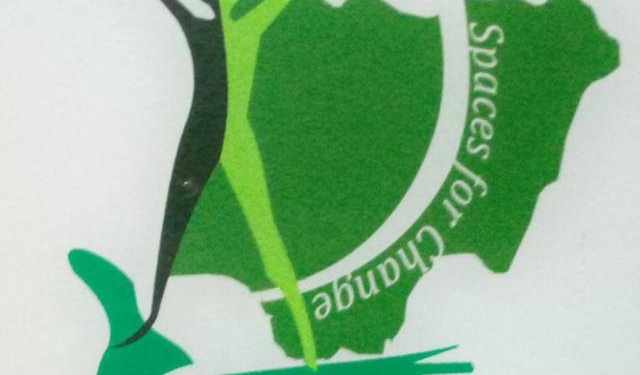Spaces for Change, S4C has called on the Lagos State Government to establish an efficient multi-level network of emergency management systems and particularly, relief camps operational in all Local Government areas of the state.
The NGO which works on infusing human rights into social and economic governance processes, added that relief camps, should have State budgetary allocation for staffing, maintenance, and residents’ welfare annually which would serve as a part of the State’s urban resilience strategy.
The call was made by Executive Director S4C, Victoria Ibezim-Ohaeri in a press statement issued to evaluate the Lagos State Government’s response to the building collapse at Ita-Faaji, Lagos Island.
Ibezim-Ohaeri said, “S4C commends Lagos State authorities for their laudable management of the humanitarian crisis arising from the March, 2019 building collapse in Ita-Faji, Lagos Island, and the subsequent demolition of structurally-defective buildings in the State.
“S4C’s field visits to the Resettlement Camp at Igando and our independent assessment of Lagos State’s handling of the Ita-faji building collapse, established that LASEMA provided emergency humanitarian support in the form of three-month accommodation, feeding, health care services, transportation to school and work/business, to over five hundred (500) displaced persons (including women and children) housed in the facility during the period.”
She however noted that there’s need to understand reasons behind the collapse as measures to prevent subsequent incidents.
“The five-man panel of enquiry set up in March 2019 to investigate the cause of the Ita-Faji building collapse and proffer remedial measures to prevent similar incidents submitted a report in April 2019, which is yet to be formally published. S4C urges the State to publish the much-expected report to promote good governance, spot questionable practices, and sensitize the public on how to prevent similar incidents in the future.”
S4C confirmed that prior to the closure of the camp, state authorities gave the displaced persons cash relief ranging from One Hundred Thousand Naira to Seven Hundred Thousand Naira as compensation to mitigate the effect of involuntary displacement.
Ibezim-Ohaeri said “while this is commendable, there is need for policy guidance to formally establish the criteria for calculating compensation rates for various types of displacement resulting from emergencies, man-made, and natural disasters.”
S4C thereafter urged the Sanwo-Olu-led administration to reopen the Lagos Relief Camp as a part of the State’s urban resilience strategy, and allocate resources for its maintenance in strict compliance with the principles and requirements of legality, necessity, proportionality and accountability.

